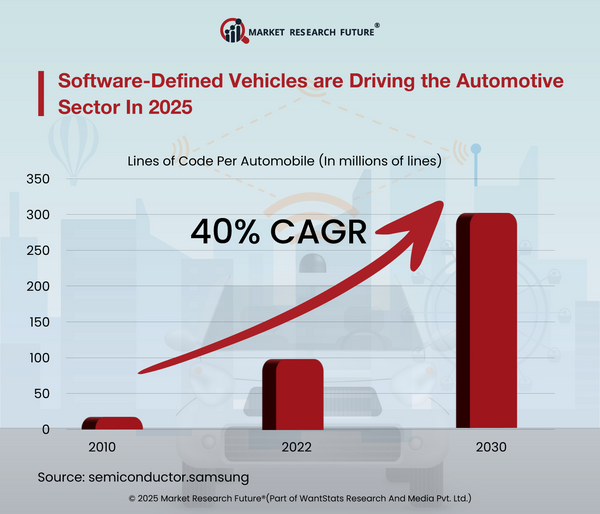Honda and Renesas Collaborate for Next-Gen Software-Defined Vehicles in 2025
In January 2025, Honda Motor Co., Ltd. and Renesas Electronics Corporation declared a strategic collaboration to create a high-performance system on a chip (SoC) designed for Software Defined Vehicles (SDVs). This cooperation is intended to bolster further the "Honda 0 (Zero) Series," an electric vehicle (EV) series set to debut in the latter half of the 2020s. Honda also claims that the new SoC will aid in bolstering SDV capabilities in the upcoming EV series.
The integration of SDVs into the automotive industry is novel and informative, with operators depending on software to provide unrivaled driving experiences. This progresses the move from multiple Electronic Control Units (ECUs) for Advanced Driver Assistance Systems (ADAS), Automated Driving (AD), power train functionality, and other vehicle automation controls towards a Single Super ECU integration. There needs to be an SoC with high processing capabilities and low power consumption to enable this level of integration.
Renesas, an automotive semiconductor solution provider, contributes to this collaboration with its fifth-generation R-Car X5 SoC series. Renesas aims to add AI accelerators designed for Honda's unique AI software using multi-die chiplet technology. With this integration, industry-leading AI performance of 2000 Tera Operations Per Second (TOPS) and power efficiency of 20 TOPS per watt are expected. These advancements are significant in enabling automated driving capabilities while minimizing energy consumption.
Another essential collaboration component is employing Taiwan Semiconductor Manufacturing Company's (TSMC) 3-nanometer automotive process technology. This technology is expected to gain further acceptance in the automotive industry due to its potential to increase power efficiency, thus meeting its transition to greener technologies.
This collaboration also demonstrates how cross-industry partnerships can lead to faster development of new technologies. Merging Honda's automotive knowledge with Renesas's semiconductor technology provides resources to drive further vehicle performance and efficiency improvements. This is increasingly important as the automotive industry adopts advanced technologies in new-era vehicles.
This announcement came while Honda held its press conference at the Consumer Electronics Show (CES) 2025 in Las Vegas, Nevada. It shows how the automobile industry has acknowledged the merging technology and automotive innovation. As the 2020s draw to a close, it is predicted that the joint efforts of Honda and Renesas will greatly influence mobility. The joint venture of Honda and Renesas to build an advanced SoC for SDVs is an essential step in automotive technology. This collaboration seeks to improve AI performance and energy efficiency to augment Honda's future EV series and spearhead a new era of advanced, user-friendly mobility solutions.






